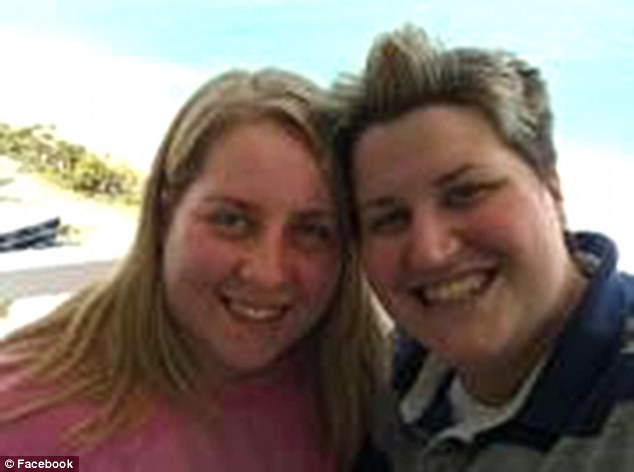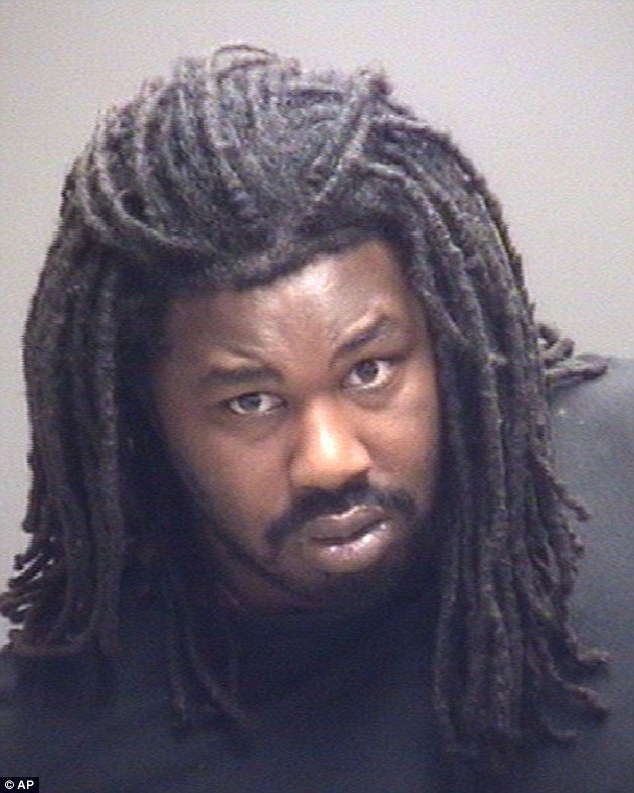Auster on the Totalist Media
America’s Quasi-Totalitarian News Media
by Lawrence Auster
It is well known that, when one side only of a story is heard and often repeated, the human mind becomes impressed with it insensibly.
— George Washington, on the pro-Jacobin press of the 1790s
A major force in the demoralizing of America is the electronic news media. Unfortunately, like most conservative complaints about liberalism, the constant right-wing gripes about “media bias” tend to be superficial and ineffective. Ineffective, because they can be refuted by many trivial examples of the media’s “balanced” treatment of an issue; and superficial, because the problem of liberal media control is far deeper than the term “bias” suggests. What conservatives call “bias” is not just an unfair tilt in favor of liberals and against conservatives. Rather, it is the systematic construction of an alienist version of reality, and the suppression of all facts and opinions that contradict it. This process of mass indoctrination has become so pervasive that no one, even conservatives, clearly sees it as such.







